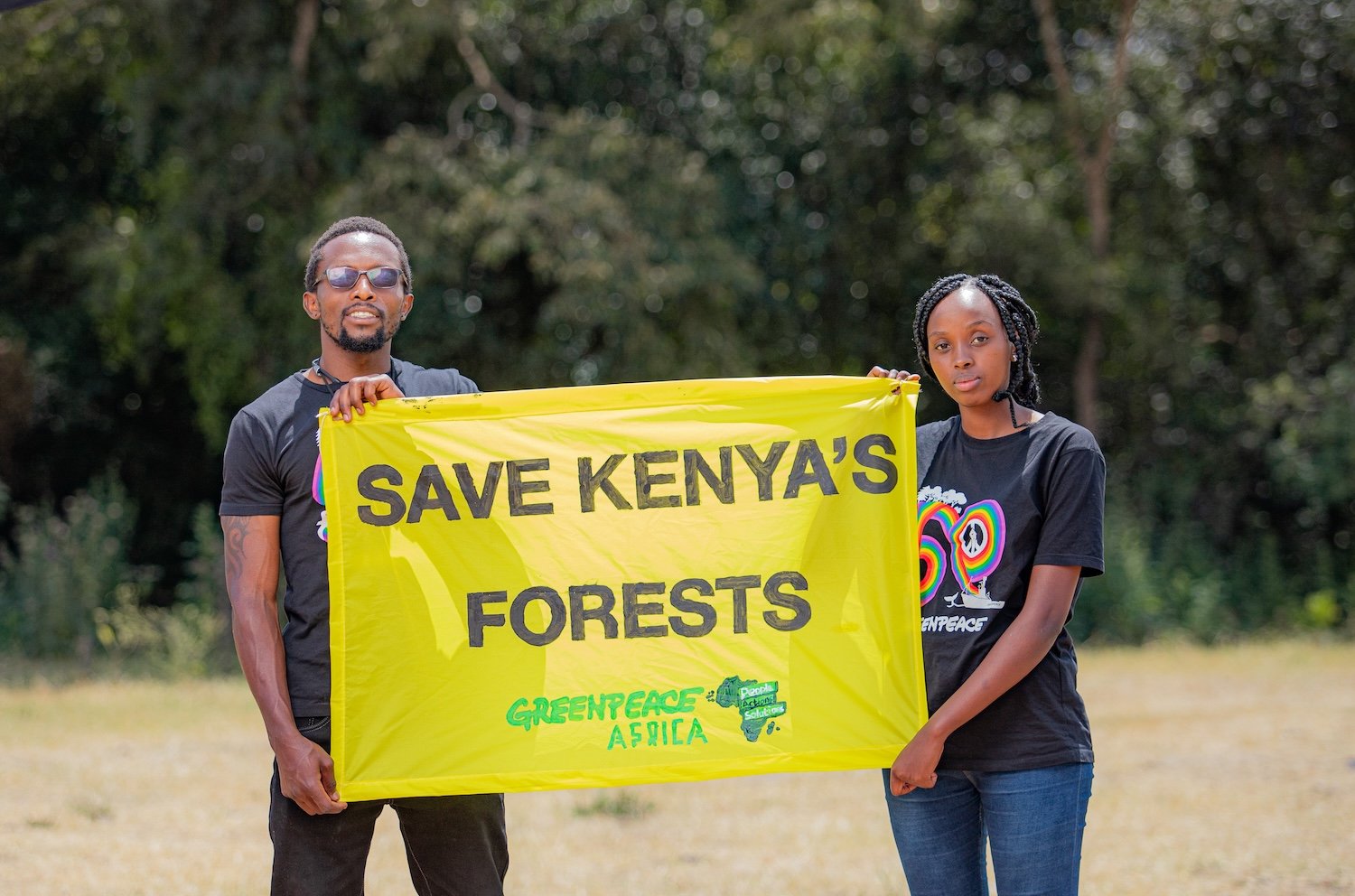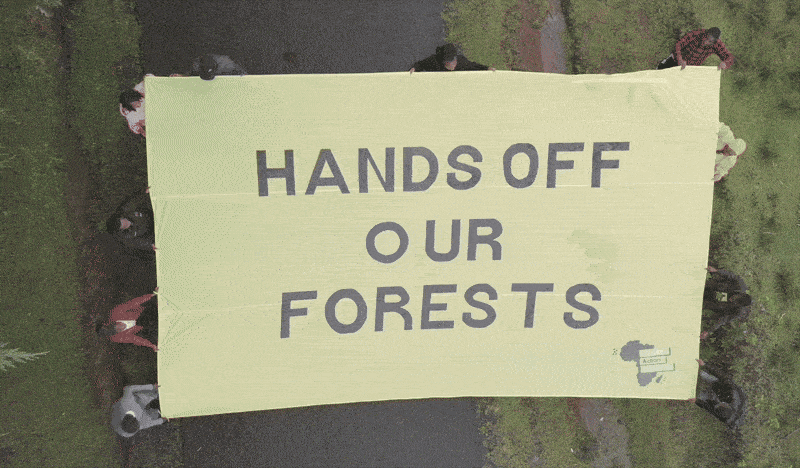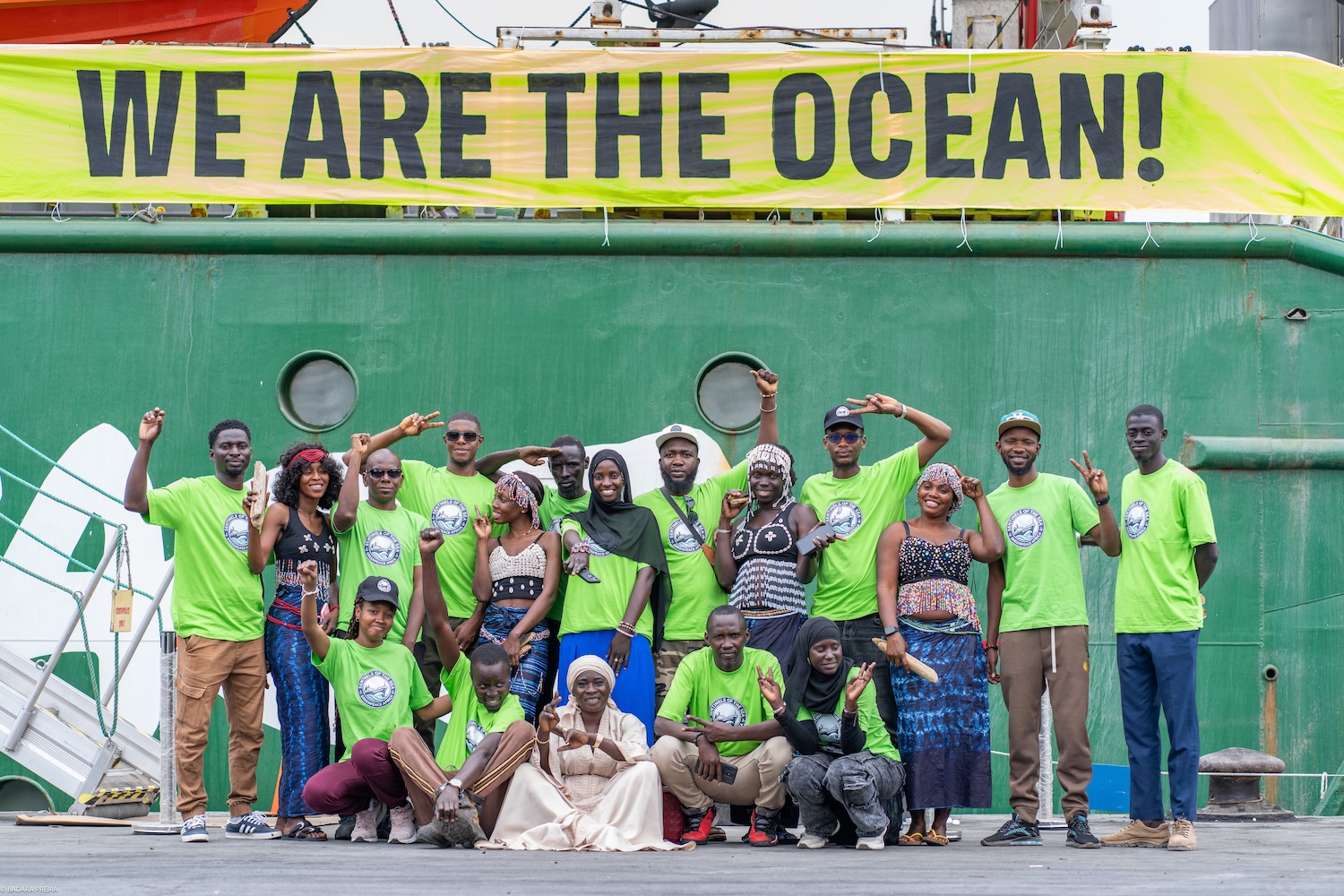
Barely two weeks after the Environment and Land Court stopped a massive land grab at Karura Forest, a new threat has emerged that could quietly undo years of community-led conservation. The Kenya Forest Service (KFS) has announced that all visitor payments to Karura will now be centralised through the government’s eCitizen platform, an online payment system long criticised for lack of transparency, stripping the community guardians who rebuilt this forest of the financial lifeline that sustains it.
At the heart of Karura’s transformation are the Friends of Karura Forest (FKF), a community association that for over 15 years has worked alongside KFS and local residents to bring the forest back to life. Once a place of crime and degradation, Karura is now a thriving sanctuary because revenues from entry fees were invested directly into its care. Those funds paid the rangers who patrol against illegal logging, the guards who keep the forest safe for families, and the workers who maintain trails and infrastructure. Without them, Karura would not be the peaceful refuge it is today.
The abrupt shift to the government’s eCitizen platform threatens to unravel this model. By cutting FKF off from direct revenues, KFS jeopardises the jobs of the very people who safeguard the forest. Rangers, cleaners, and community staff, many of whom rely on Karura for their livelihoods, now face an uncertain future. And with them at risk, so too is the safety and sustainability of the forest itself.
This comes on top of another looming danger: the construction of a tarmac road through Karura, advanced with little public participation and despite widespread concern from citizens. Together, these moves reveal a troubling pattern. Once again, decisions about Kenya’s forests are being made behind closed doors, without transparency, without consultation, and without respect for the communities who fought for decades to protect them.
But Karura’s history shows us something else: that people power can turn the tide. From Wangari Maathai’s defiance in the 1990s, to the court victory just days ago, to the protests of FKF today, Karura has always been defended by citizens who refuse to be silenced. That spirit must carry forward.
We call on the Cabinet Secretary for Environment and the Kenya Forest Service to reverse the eCitizen-only directive, honour the joint management framework, and recommit to transparency and genuine public participation in forest governance. Kenya’s forests are not bargaining chips for bureaucratic experiments or short-term deals. They are lifelines for communities, for biodiversity, and for the climate.
And to citizens everywhere: this fight is not only about Karura. It is about the right of people to have a say in the future of their environment. It is about stopping the wider attack on Kenya’s forests, whether in Karura, Ngong Road, Mau, or Aberdare, and ensuring that every forest is defended with the same urgency and resolve.
Sign the petition. Speak out. Defend Karura. Defend Kenya. Karura was saved before because people stood up. It can be saved again.

Iconic Kenyan forests making up almost 10 times the size of Nairobi are under threat.
Get Involved


